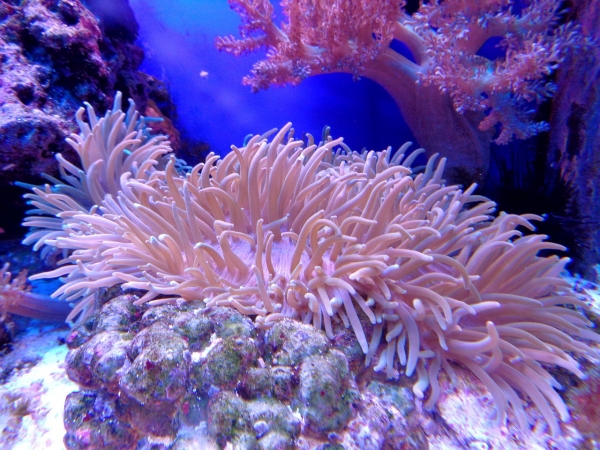A Newcastle University-led study focused on the Pacific Island nation of Palau and has shown that historic increases in the thermal tolerance of coral reefs are possible. The results demonstrate how this capacity could reduce future bleaching impacts if global carbon emissions are cut down.
Drawing on decades of field observations, the scientists modelled many possible future coral bleaching trajectories for Palauan reefs, each with a different simulated rate of thermal tolerance enhancement. They found that if coral thermal tolerance continues to rise throughout the 21st century at the most-likely historic rate, significant reductions in bleaching impacts are possible.
Published in the journal Nature Communications, the results affirm the scientific consensus that the severity of future coral bleaching depends on carbon emissions reductions. High-frequency bleaching can be fully mitigated at some reefs under low-to-middle emissions scenarios where, for example, the Paris Agreement commitments are fulfilled. However, such bleaching impacts are unavoidable under high emissions scenarios where society continues to rely on fossil-fuelled development.
Read more at: Newcastle University
Photo Credit: AliceKeyStudio via Pixabay


